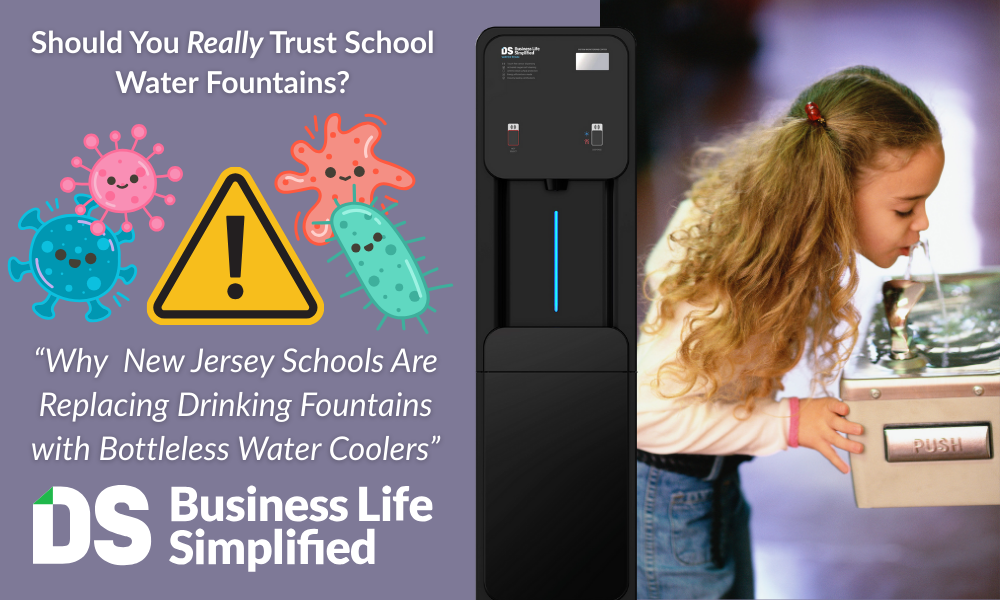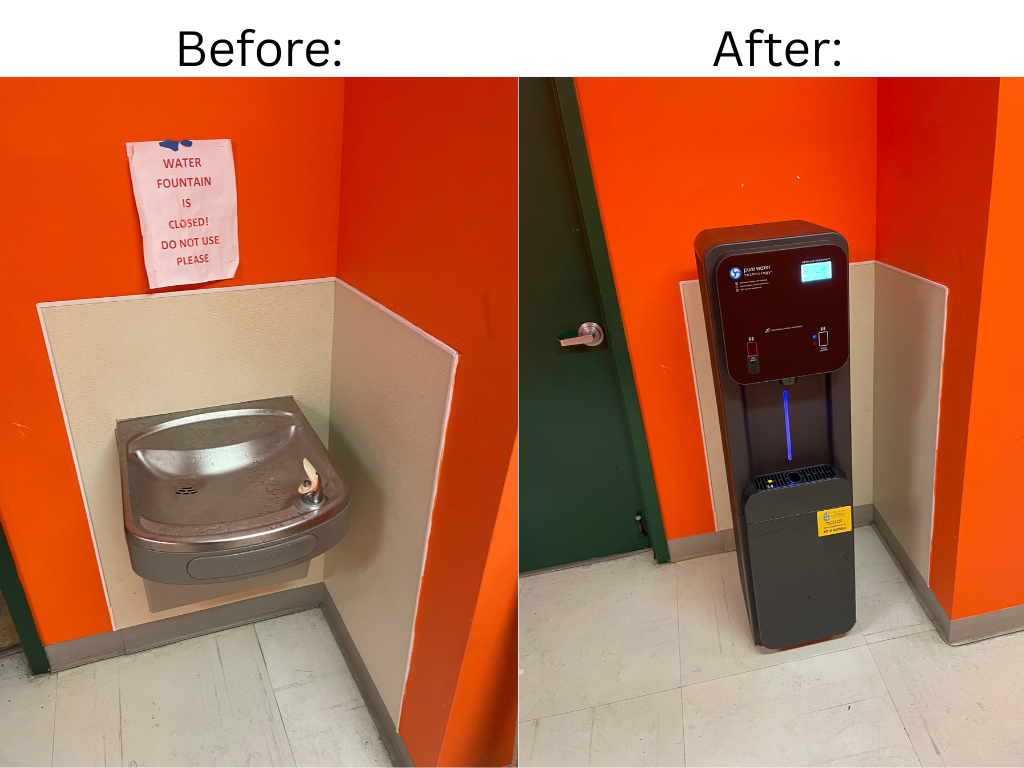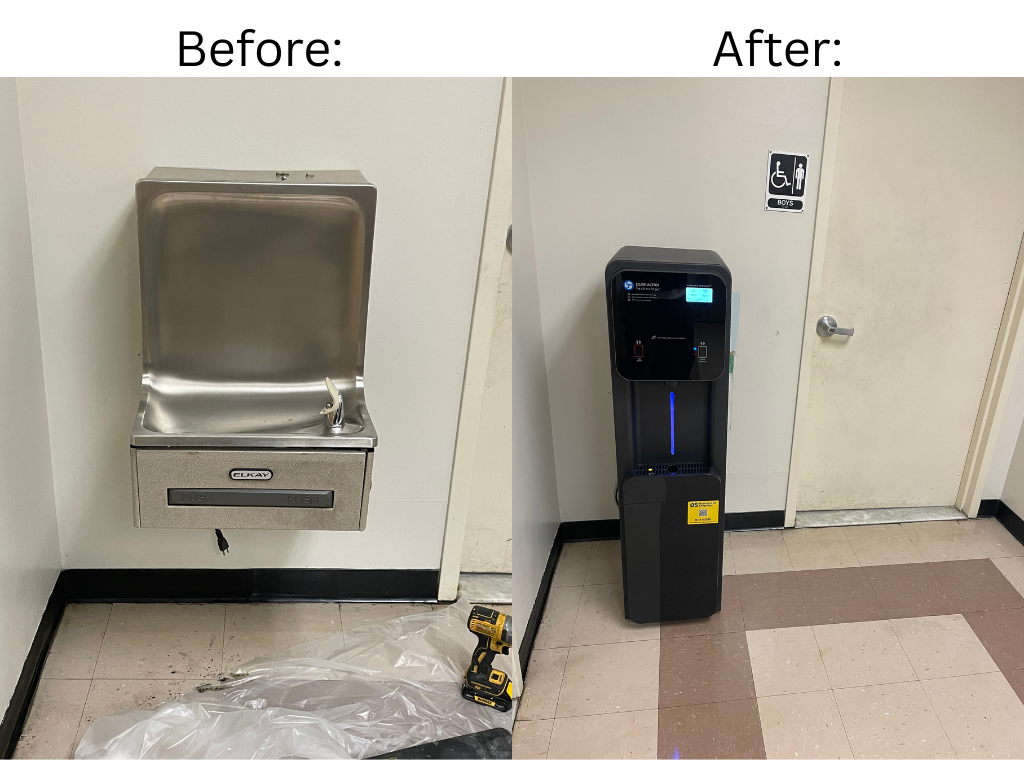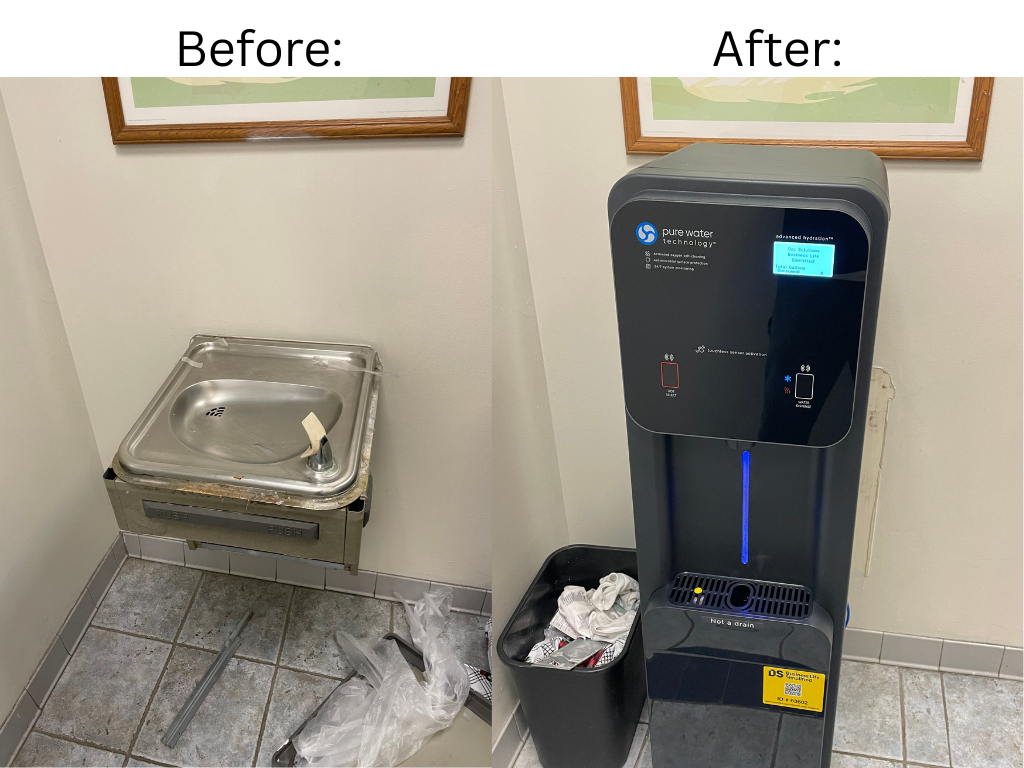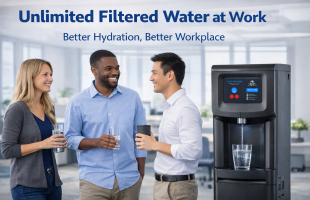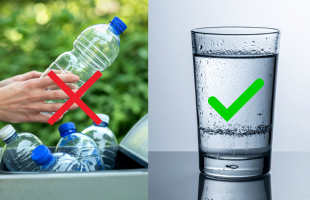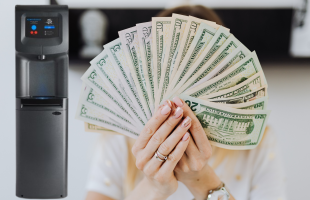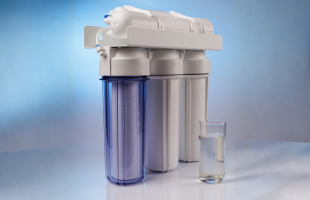For decades, school drinking fountains were considered “good enough” for hydration. But in today’s environment, where lead, PFAS, and microplastics are real concerns, these old systems are falling short. Even newer bottle-filling stations, which seem like an upgrade, carry a hidden risk: they rely on simple carbon filters that stop working once they expire, and most keep running long after staff forget to replace them. That means students are often drinking plain, unfiltered water.
School districts across New Jersey are now turning to bottleless water coolers as a safer, more reliable, and more cost-effective solution.
The Hidden Problem with Traditional Fountains and Refill Stations
Aging infrastructure and limited filtration create multiple issues:
- Expired Filters Still Dispense Water: Basic non-RO bottle-filling stations don’t shut off when the filter stops working, leaving students unknowingly drinking unfiltered water.
- Lead Contamination Risks: Old piping and fixtures can leach lead directly into water.
- PFAS & Microplastics: Most standard filters remove chlorine for taste, but not the dangerous contaminants.
- Unhygienic Surfaces: Dozens of students touch the same fountain spout or button.
- Ongoing Maintenance Costs: Districts spend thousands repairing, replacing, or maintaining outdated fountains.
For administrators, this creates both serious health risks and financial strain.
Why Bottleless Water Coolers Are Safer
Bottleless water coolers connect directly to the school’s water line but filter water at the point of use with multi-stage purification systems — often reverse osmosis or advanced alternatives. These systems:
✔ Automatically shut off if filters expire, ensuring students never drink unfiltered water
✔ Pass lead and water safety testing required in New Jersey
✔ Remove microplastics, PFAS, chlorine, and other harmful chemicals
✔ Provide unlimited clean water without relying on plastic bottles or deliveries
✔ Offer touchless dispensing to reduce the spread of germs
✔ Cut operating costs by eliminating jug contracts and fountain repairs
Why Coolers Outperform Bottle-Filling Stations
Refill stations might seem modern, but most rely on basic carbon filters that only improve taste. They don’t address heavy metals, PFAS, or microplastics — and when the filter expires, they keep dispensing water as if nothing’s wrong.
Bottleless coolers, by contrast, use smart filtration systems that notify when service is due and in many cases stop dispensing until filters are changed. This provides administrators, teachers, and parents with peace of mind that every glass is truly safe.
Reliability Schools Can Count On
For administrators, water safety is both a compliance requirement and a responsibility to parents. With bottleless coolers:
- Students have guaranteed access to clean water all day
- Filters are proactively maintained with ongoing service agreements
- Districts avoid the embarrassment and liability of failed water tests
Long-Term Value for New Jersey Schools
Beyond safety, bottleless coolers deliver:
- Lower operating costs (no bottles, no deliveries, fewer repairs)
- Consistent service and monitoring
- Major reductions in plastic waste, supporting sustainability goals
Conclusion
Outdated fountains and refill stations leave schools vulnerable to failed lead tests, expired filters, and hidden health risks. Bottleless water coolers offer the modern alternative: safer hydration, better compliance, and real cost savings.
Don’t risk students drinking unfiltered water.
Contact Document Solutions today for a free school water safety assessment.
See examples of our water cooler installations below!

